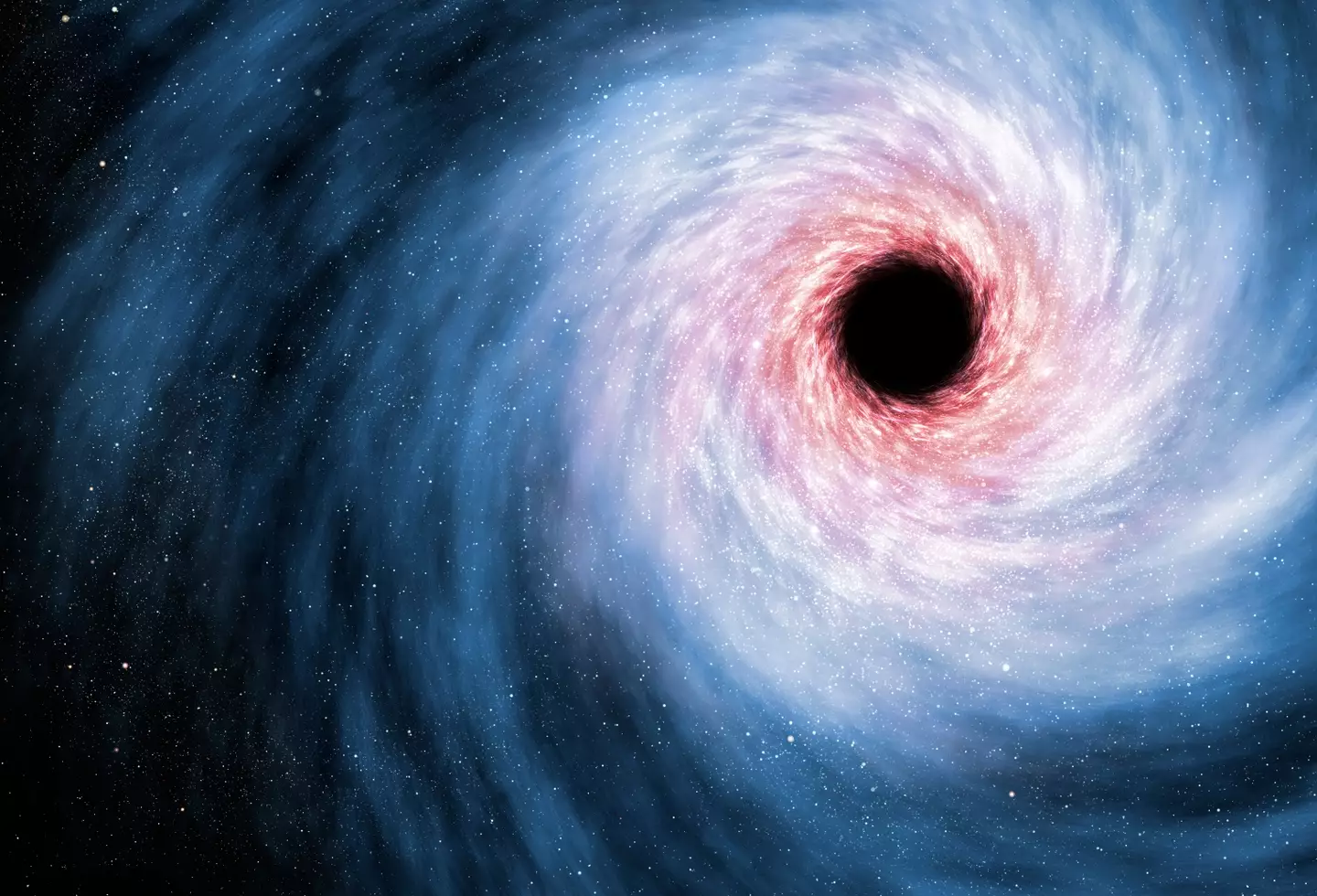“Professor Brian Cox Reveals the Chilling Truth: What Really Happens to Humans Who Fall Into a Black Hole?”
Have you ever found yourself gazing into the cosmos at night and wondering, “What would happen if I just… fell into a black hole?” Well, you’re not alone! It’s a wild thought, isn’t it? Professor Brian Cox, the physicist with a knack for breaking down the universe’s toughest concepts, recently sat down with LADbible to spill the cosmic beans on this bizarre scenario. While the chances of actually falling into a black hole are as slim as finding a unicorn in your backyard, that doesn’t stop most of us from being curious about the cosmic abyss. With super-cool simulations—yes, NASA’s even got one—that bring this impossible dream to life, it begs the question: Do we really want to know what could happen? Buckle up, as you might find that the journey isn’t quite what you’d expect! If you’re eager to learn more about this galactic mystery, click here to LEARN MORE.
Ever wondered what would happen if you fell into a black hole? Well, Professor Brian Cox has all the answers.
As unlikely as a scenario that would be, it’s always best to be prepared – and it’s clearly something that many have wondered about, given that there’s a few simulations of what it would look like, with one even coming from NASA themselves.
So if you wanted a visual representation, then you can see that here, but if you’d prefer to just hear about it then look no further.
Sitting down with LADbible, the physicist has revealed exactly what would happen to a human’s body if they found themselves inside a black hole.
Should you find yourself in a small black hole, you’d be instantly ripped apart due to the force of gravity, Cox explained.
However, his answer does depend on the enormity of the black hole.

Professor Brian Cox shared his thoughts on black holes (LADbible)
“It depends on the mass of the black hole is the technical answer. So, if it’s a small black hole, by which I mean just a few times the mass of our Sun, then you’d get ripped apart by the tidal gravitational forces before you actually fell in,” he said.
“So, as you approach the event horizon of the black hole, it becomes very nasty.”
However, the consequences of falling into a large black hole are very different.
Cox used the two black holes that have been photographed as examples; one in the centre of the Milky Way, and another in the centre of a galaxy called M87.
If you fell towards M87, he revealed that you’d initially be unaffected and inside the black hole for over 24 hours until anything happened to your body, adding: “As far as we know, you would fall across the horizon into the interior of the black hole, and you’d be unaffected.
“You wouldn’t notice as you fell across the horizon.

A black hole is strong enough so that nothing can escape (Getty Stock Images)
“And then, you’d have something like 30 hours-ish inside the black hole until you approach the singularity which is in your future when you cross the horizon. So, it’s not something you can avoid.”
You’d then be ‘Spaghettified’ and arrive at the end of time, as outlined in Einstein’s theory.
The process of being ‘Spaghettified’ is exactly as it sounds – the human body is stretched out by the gravitational pull as the gravity at your feet would be much stronger than at your head in a black hole.
This results in the body being pulled longer and thinner, before eventually passing the event horizon.
At this point, time would seem to slow down for somebody observing from outside, but for you, time would seem to be speeding up.
Ultimately, you’d be crushed by the immense gravity in a black hole regardless of its size and forever lost in its depth.
To quote Cox, ‘not too nice’.













